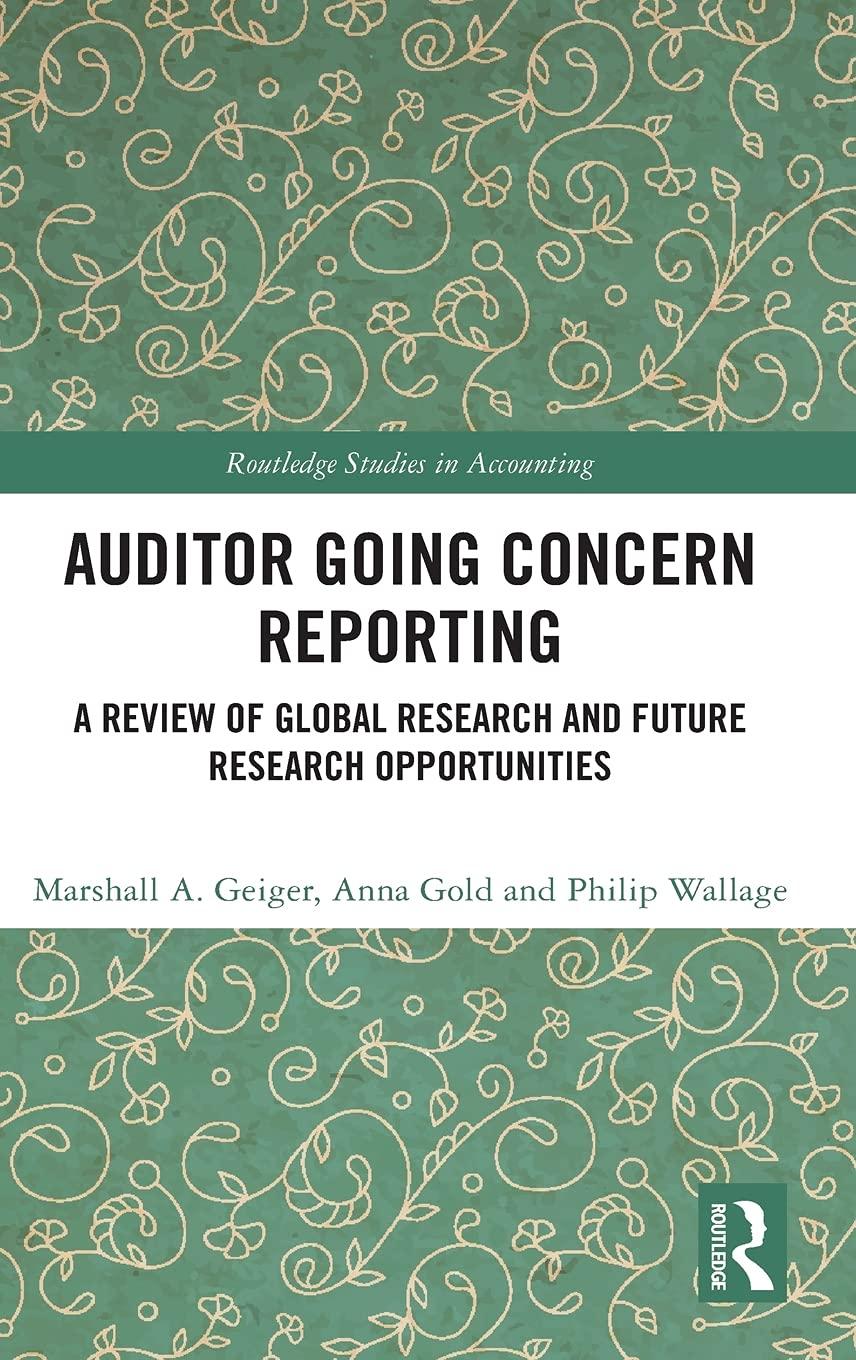
-
Regarding your mortgage, you should now:
-
A. Refinance to a fixed rate mortgage if you think the Fed Funds rate is going down more than 2 points over the next year
-
B. Refinance to a fixed rate mortgage if you think the Fed Funds rate will stay the same over the next year
-
C. Refinance to a fixed rate mortgage if you think the Fed Funds rate is going up more than 2 points over the next year
-
D. Not refinance to a fixed rate mortgage if you think the Fed Funds rate is going up more than 2 points over the next year
-
E. Not refinance under any circumstances
Delilah Consumer Products (DCP) manufactures, markets and distributes shampoo. DCP targets its main product, Samson Wash, to high-income males between the ages of 30-45. DCP is a small public company with 2,000,000 shares outstanding and a current market capitalization of $20 million. DCP is highly leveraged with 80% debt financing and 20% equity financing. The total outstanding debt is $6,000,000 at 7%. DCP has a beta coefficient of 1.5 and free cash flow of $2,000,000. The general equity risk premium is 5. DCP has a corporate tax rate of 40%. You are hired as the new portfolio manager of the hedge fund Luere Partners L.P. As soon as you assume your new position, you find out that DCP is the top holding in the Fund, worth 20% of the Fund's assets and that Lucre Partners owns 5% of DCP. You immediately call up Delilah Burke, CEO of DCP, and schedule an appointment. At your meeting, Delilah tells you that she is very devoted to boosting shareholder returns and to that end, she has just issued a press release announcing a future share repurchase for the first time in the company's history, equal to 10% of free cash flow. She assumes that you will be delighted due to the tax benefits of share buybacks and capital gains for the investor. You explain that while you applaud this shareholder-friendly decision, 70% of the investors in your fund are foundations and thus tax-exempt. Therefore, you would prefer to see a dividend which would pay out an upfront cash distribution directly to your fund. What's more, you would prefer the dividend payout ratio to be 50% because you believe that more than 50% of free cash flow would be difficult to reinvest at a decent EVA. Ms. Burke gets very offended at this suggestion, explains that her company's return on invested capital has been very healthy over the past five years and therefore, reinvestment in the business should be welcomed. What's more, she tells you that there will be absolutely no dividend and that you should be happy with the share repurchase plan. You leave DCP's offices with lingering doubts about the company. When you return to your office, you get a call from Brock Mason. Mr. Mason is your largest investor, with a 30% stake in your fund. He is also your only taxable investor and thus is subject to full taxation on all sales and distributions. He asks you whether the Fund will be retaining its investment in DCP under your management. You tell him that you just had a troubling meeting with the CEO and feel that corporate interests are being put before shareholder interests at the company. You explain that Ms. Burke has stock options she can exercise at a large profit if the stock rises to $12. You feel that she is trying to jump start a short-term rally in the stock price by announcing the share repurchase. As a long-term investor, you feel that a steady dividend at a defined 50% payout ratio would be more sustainable. Mr. Mason points out that as a taxable investor, he is not fond of dividends. He also points out that he is less fond of any sale of the stock, which would realize massive capital gains in the Fund and flow through directly to him in proportion to his 30% stake. At the current share price, he would owe a 15% capital gains tax on $200,000 in gains, an amount he does not wish to pay. Mr. Mason asks you to consider his interests and he hangs up. You leave work with a migraine and head for a pub. At the pub, you see on TV that the Fed has raised rates again, bringing the Fed Funds rate to 3%. The 10-year Treasury bond (which you consider to be the risk-free rate of return) has risen to 5% on the news, while fixed-rate mortgage rates have risen to 6%. You remember that you have a 10-year adjustable rate mortgage (ARM) due in two years, at a rate that floats at 1.5 times the Fed Funds rate. You stumble home







